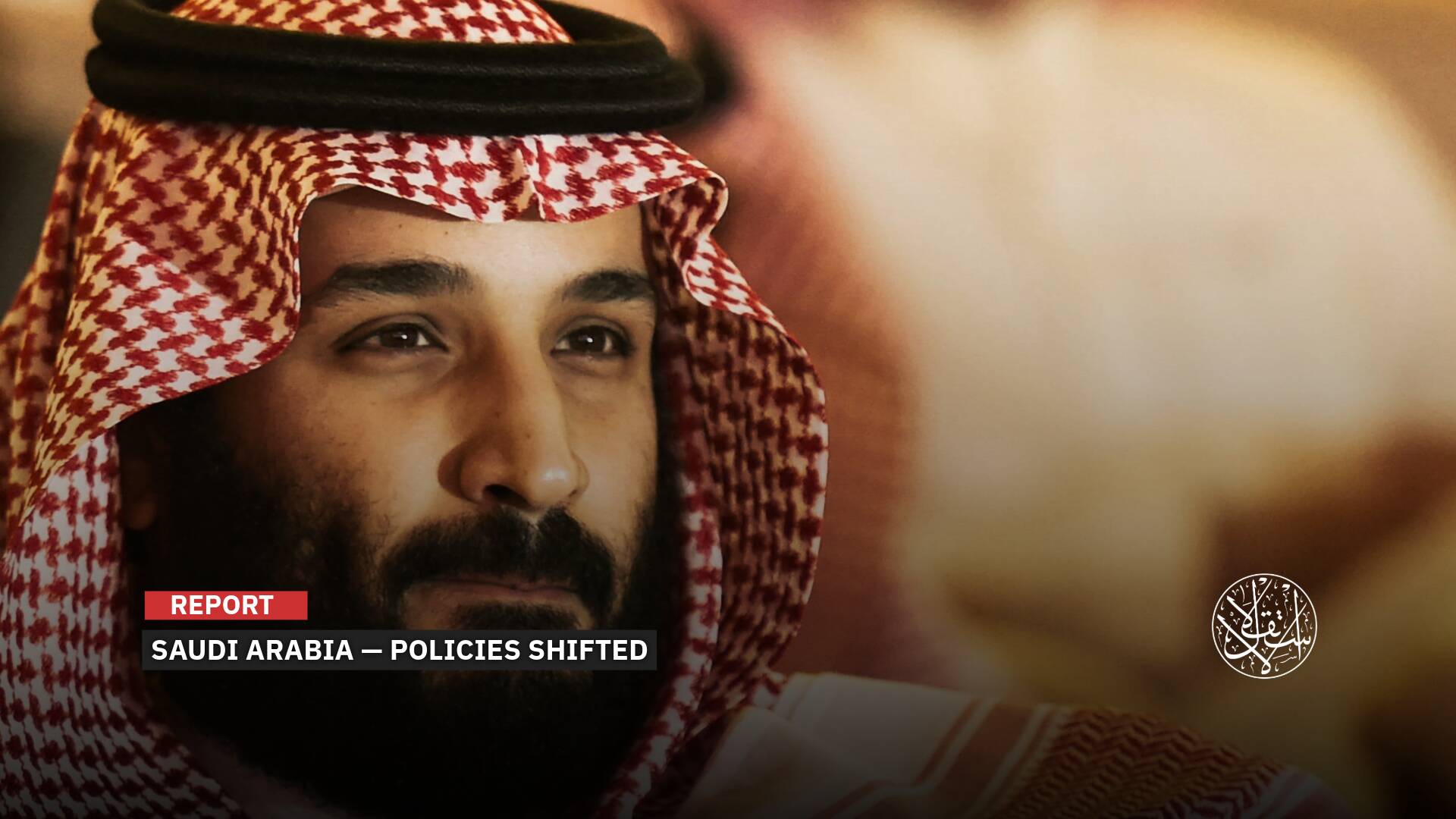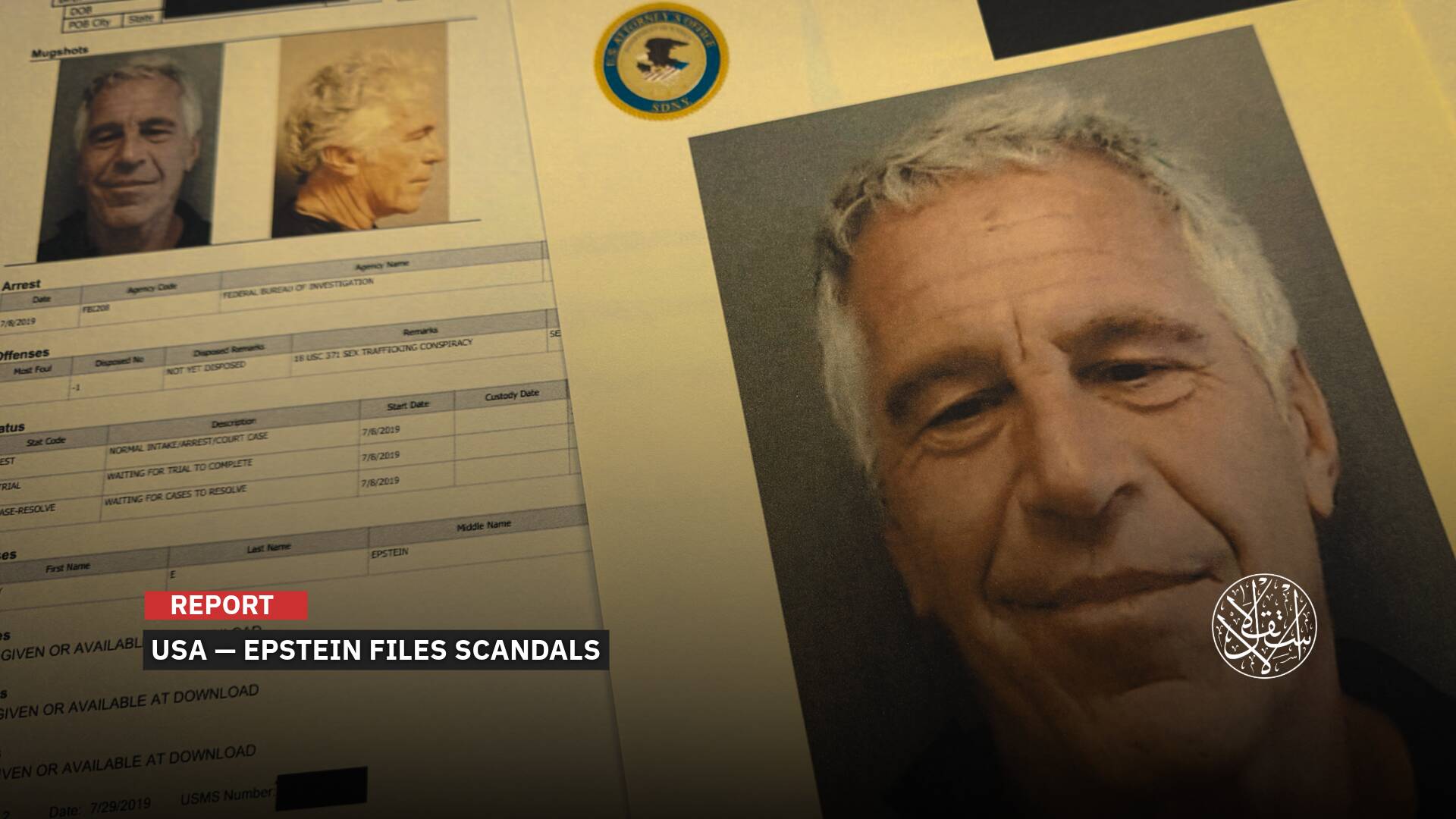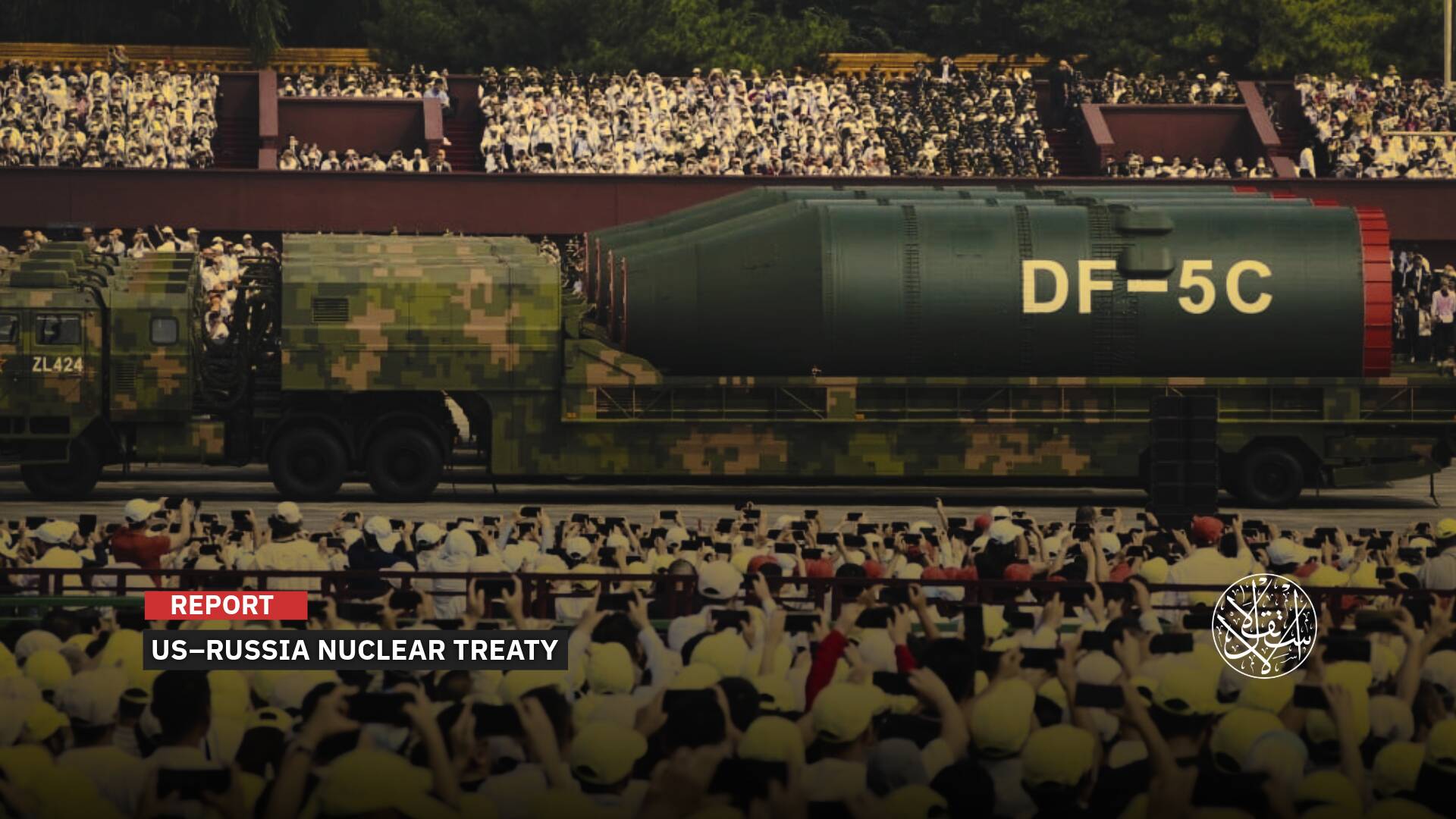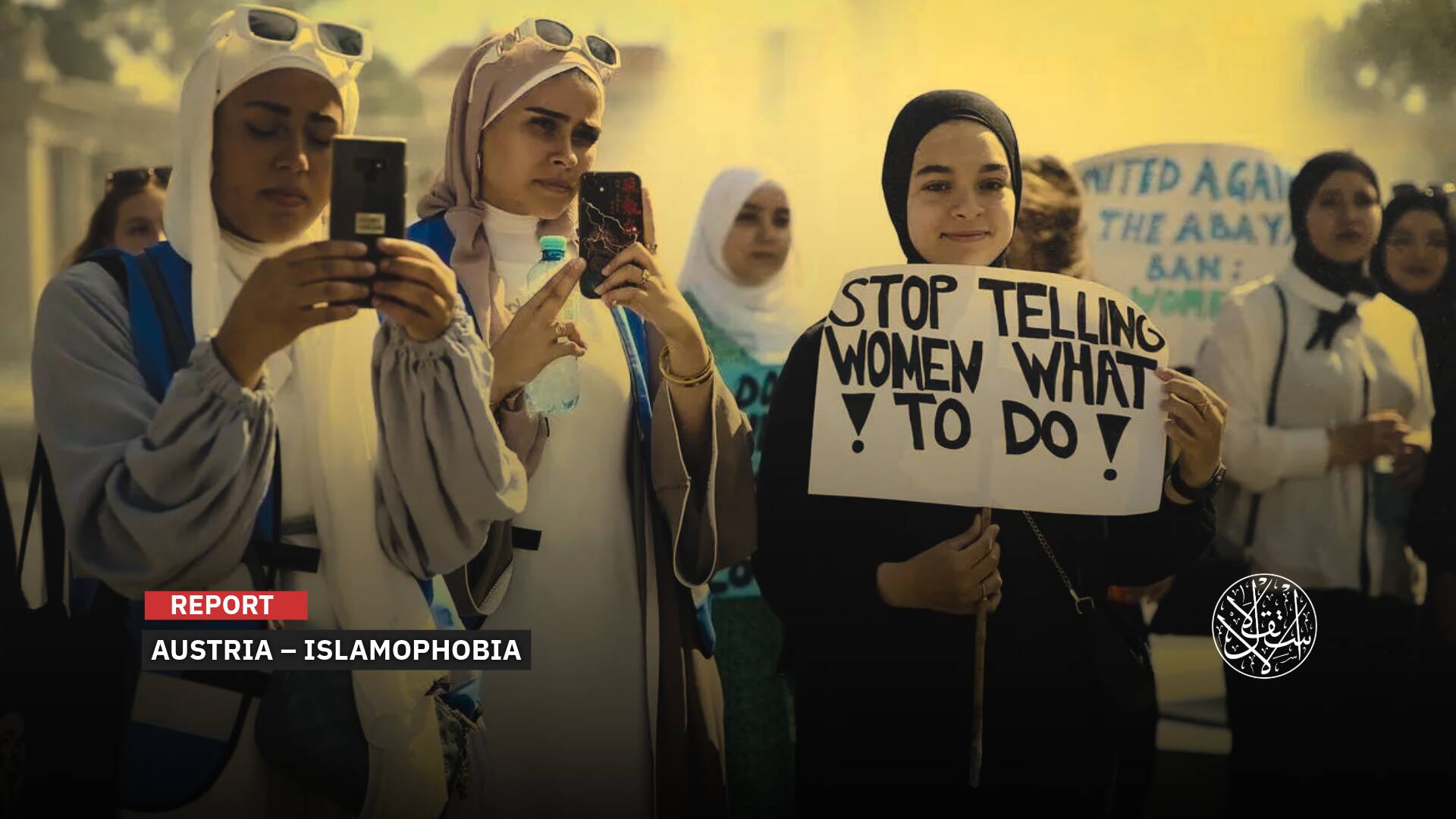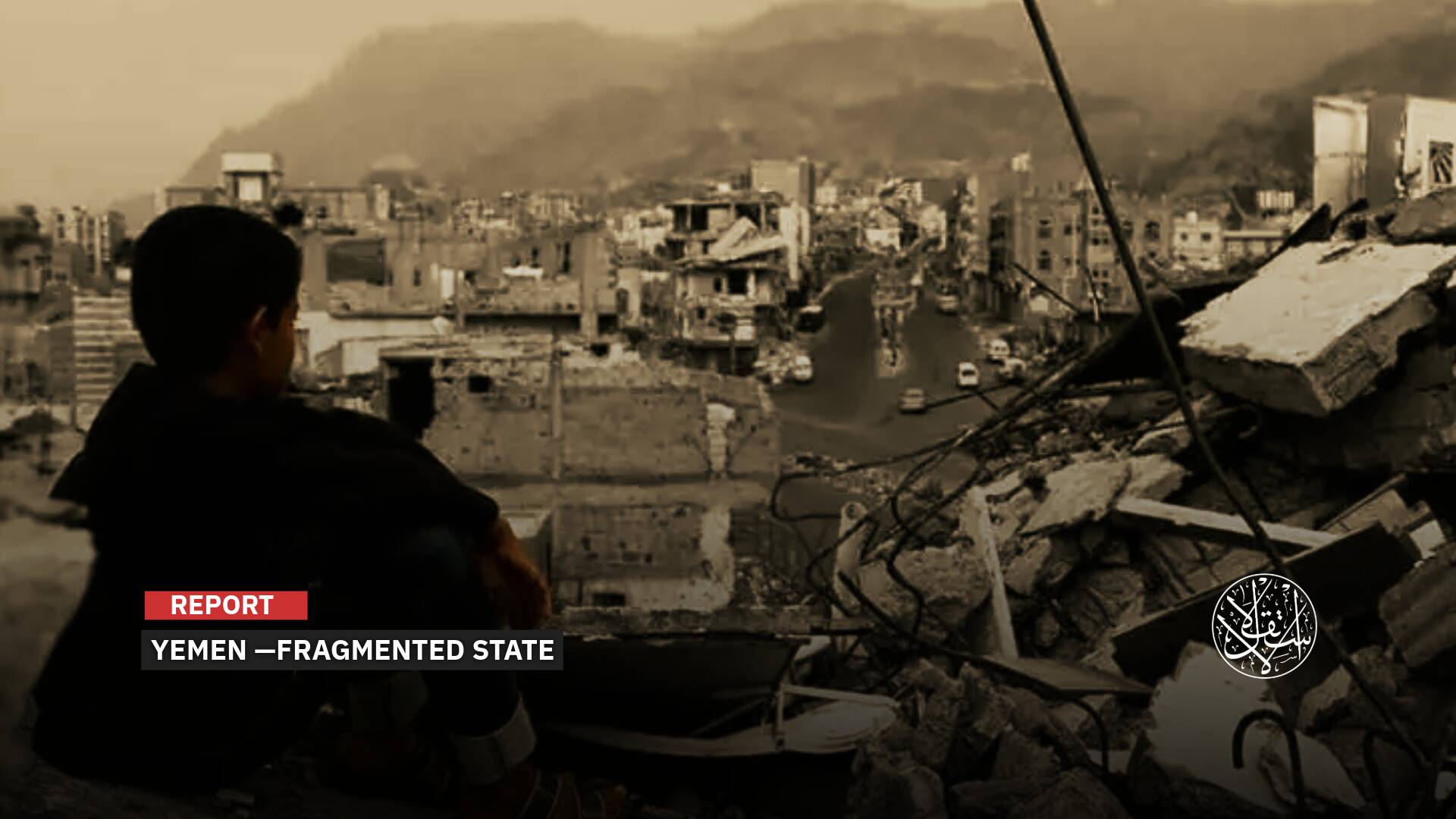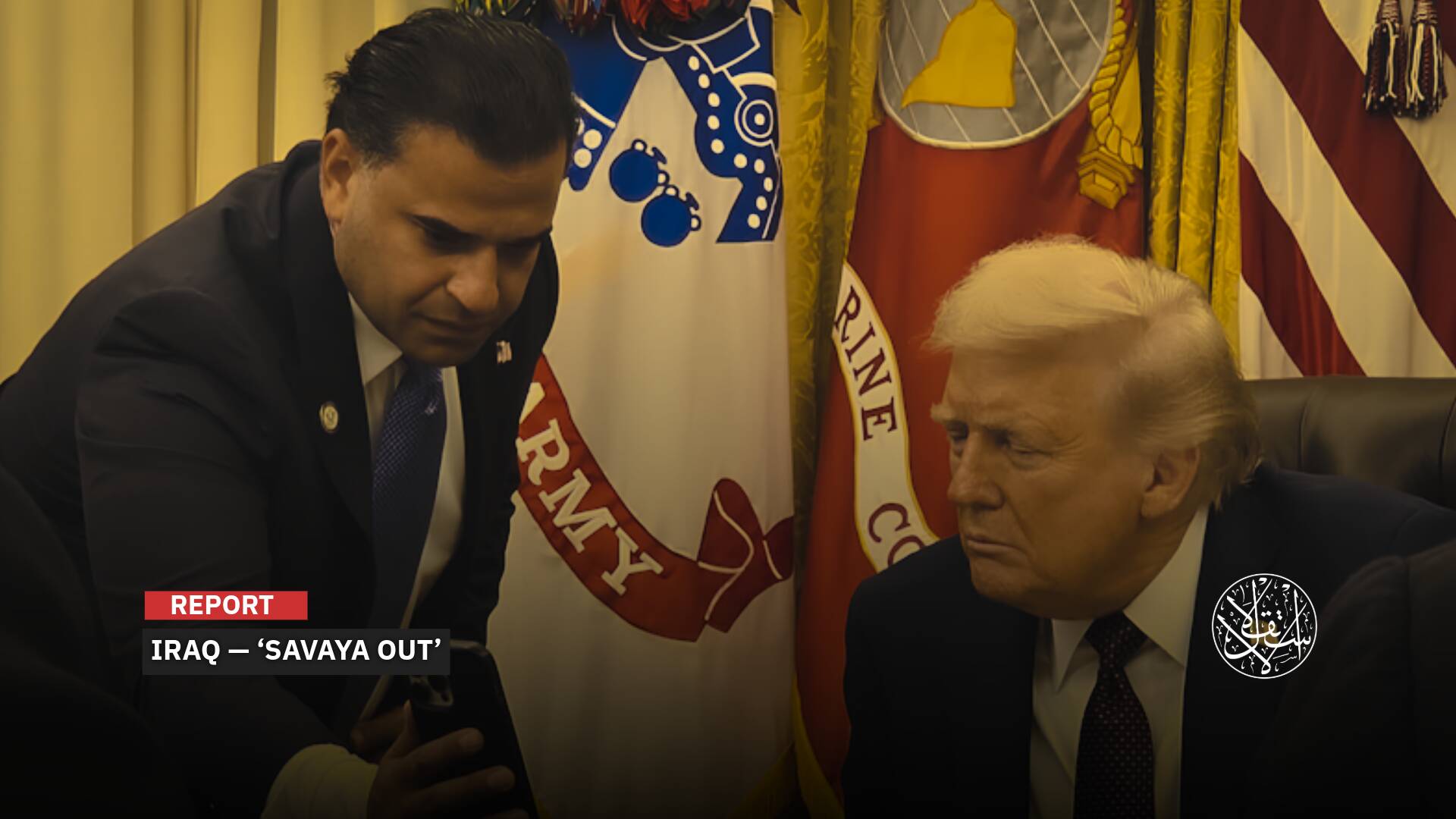What Is the American Role in the African Sahel Coups?

The United States has been expanding its military presence and influence in Africa since 2007 when it established a new regional command called AFRICOM to oversee its operations and partnerships on the continent.
AFRICOM, which covers all of Africa except Egypt, aims to train and assist African armies, conduct joint exercises, and counterterrorist threats.
The Pentagon says the command will help promote democracy and stability in Africa, which has been plagued by conflicts, coups, and crises.
But some critics question the motives and effects of the U.S. military involvement in Africa, especially in light of the recent coup in Niger, where a group of soldiers from the presidential guard overthrew the elected president, Mohamed Bazoum, and seized power.
The coup leaders, led by General Abd al-Rahman Tiani, announced the suspension of the constitution and the dissolution of all state institutions. They also declared a curfew and closed the borders.
The irony is that many of the soldiers who staged the coup were trained by the U.S. military as part of AFRICOM’s programs.
General Tiani himself has been the commander of the presidential guard since 2011 and belongs to the Hausa ethnic group, which forms the majority of Niger’s population.
The U.S. has condemned the coup and threatened to cut off its cooperation with Niger if Bazoum is not restored to power.
This is not the first time that US-trained soldiers have participated in coups in Africa.
In 2012, a similar scenario unfolded in Mali, where a U.S.-trained captain, Amadou Sanogo, led a mutiny that toppled the democratically elected president, Amadou Toumani Toure.
The coup triggered a chain of events that plunged Mali into chaos and allowed Islamist militants to seize control of the north.
These incidents raise questions about the effectiveness and accountability of AFRICOM’s training programs and whether they are actually serving U.S. interests or undermining them.
They also expose the contradictions and challenges that the U.S. faces in dealing with Africa’s complex and dynamic political landscape.

Niger’s Fragility
The military coup that toppled Niger’s President has exposed the fragility of the country’s democracy and the risks of the United States’ extensive involvement in training and equipping its armed forces.
The coup leaders, who call themselves the National Salvation Council, are mostly senior officers who have received American training and worked closely with the U.S. military in various missions inside and outside the country.
The U.S. has invested more than $500 million since 2012 in building the capacity of Niger’s military, making it the largest recipient of U.S. aid in the Sahel and Sahara region.
The U.S. also operates a secretive drone base in Agadez, in northern Niger, which costs $110 million to construct and has an annual budget of $20 to $30 million.
The base is a launching point for a network of U.S. military outposts in West Africa, and hosts soldiers from the Space Force and a detachment of the Joint Special Operations Air Force.
The U.S. military presence in Niger was revealed in 2017 when four American soldiers and five Nigerien soldiers were killed in an ambush by Islamist militants near the border with Mali.
The incident sparked a debate in Washington about the scope and objectives of the U.S. counterterrorism operations in Africa.
The U.S. policy in Africa has been driven by the assumption that weak states can become havens for terrorists, and that strengthening local partners is the best way to prevent that.
But critics say that this approach has not only failed to contain the threat of armed groups, but also contributed to undermining democracy and human rights in the continent.
Since 2008, when the U.S. Africa Command (AFRICOM) was established, at least 11 coups have been carried out by African officers who had received American training or worked with the U.S. military, mostly in West Africa.
These include three coups in Mali, two in Burkina Faso, one in Guinea, one in Mauritania, one in the Gambia, and now one in Niger. Most of these coups have led to authoritarian regimes that have suppressed civil liberties and violated human rights.
The U.S. has condemned the coup in Niger and called for the release of President Bazoum and the restoration of constitutional order.
But similar statements in the past have not been followed by concrete actions to pressure the coup plotters or to suspend military cooperation with them.

Legal Obligation
Some analysts say that the U.S. has implicitly supported coups in Africa by continuing to work with the new authorities and providing them with more assistance, as it did in Egypt in 2013 and Tunisia in 2021.
They argue that the U.S. should rethink its strategy in Africa and focus more on promoting democracy and good governance rather than relying on military partnerships that may backfire and destabilize the region.
The United States has a legal obligation to suspend aid to any country that experiences a military coup against its elected government, and to restore it only after the Secretary of State certifies that democracy has been restored.
But in practice, this law has often been circumvented or ignored by successive administrations, who have invoked national security interests to justify their continued support for coup leaders.
This was the case in 2013, when the Egyptian military, led by the current president Abdel Fattah el-Sisi, ousted the democratically elected president Mohamed Morsi.
Instead of calling it a coup and cutting off the hundreds of millions of dollars that flow annually from American taxpayers to Cairo, the Obama administration avoided using the term and expressed its support for the military’s intervention, claiming that Morsi had not ruled democratically and that the army had responded to popular protests.

A similar scenario played out in Burkina Faso, a small and impoverished West African nation, where a military council took power after overthrowing President Roch Marc Christian Kabore last month.
Washington initially suspended $160 million of aid to the country, but soon reversed its decision, citing national security concerns.
Basel Reda, a researcher specialized in African affairs, said that the United States has publicly condemned coups and threatened to confront the plotters to restore constitutional order and strengthen democracies, but on the ground it has maintained cooperation with them, and even supported them in some cases, under the pretext of preserving global security and peace.
“The U.S. government has often turned a blind eye to human rights abuses committed by its allies or clients, as long as they serve its strategic and economic interests,” Reda said in his interview with Al-Estiklal.
“It has also used human rights as a pretext to justify its interventions or sanctions against its adversaries or rivals, regardless of the humanitarian costs or consequences,” he added.
The recent coups in Africa illustrate this hypocrisy and inconsistency. The U.S. government has trained and equipped many of the soldiers who have seized power from democratically elected governments in several African countries.
“However, instead of condemning these coups and supporting the restoration of constitutional order, it has chosen to cooperate with them as long as they do not threaten its interests or influence,“ Reda noted.
Some of these coup leaders have even sought closer ties with Russia, Washington’s archenemy, without facing any serious repercussions from the U.S.
“This raises questions about whether Washington has lost its bet on Africa, or whether it is aware of and complicit in these coups, as its intelligence agencies are widely present and active on the continent,” Reda mentioned.
He concluded by saying that either way, it shows that Washington’s priority is not to promote democracy or human rights in Africa or elsewhere, but to secure its own interests and advantages at any cost.
“This undermines its credibility and reputation as a beacon of freedom and liberty, and exposes its use of democratic slogans as mere propaganda and manipulation.”


